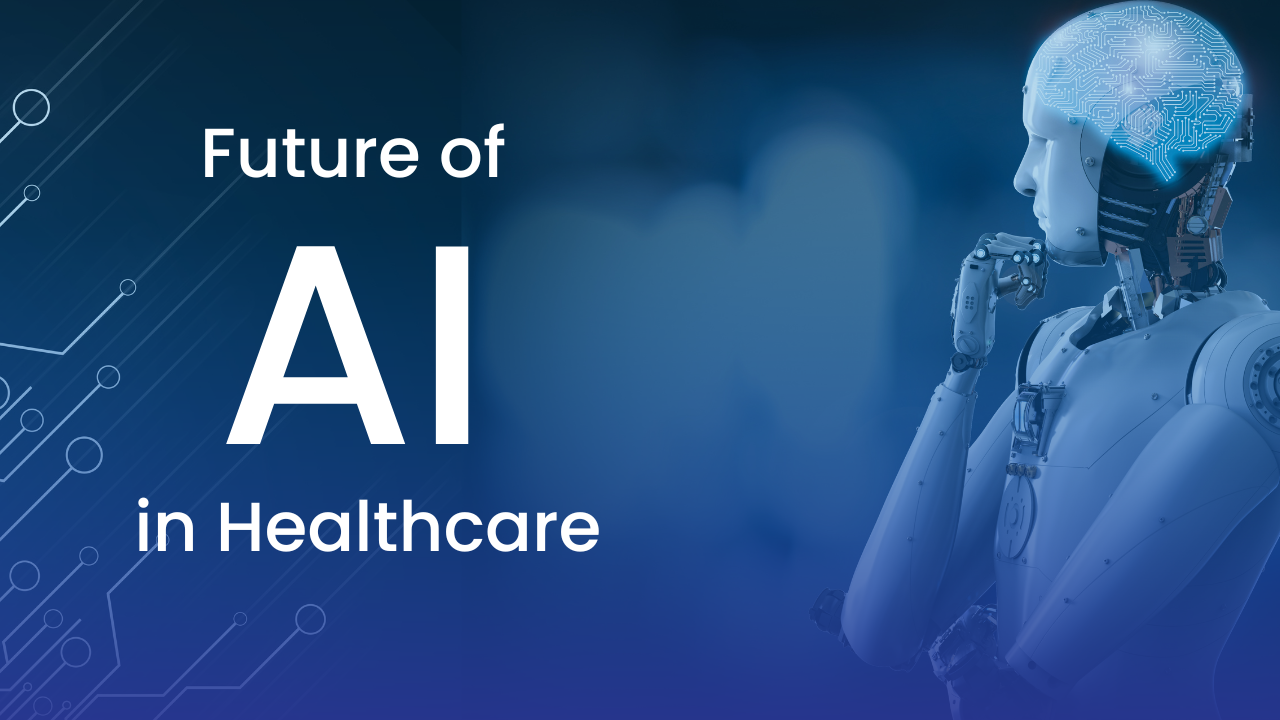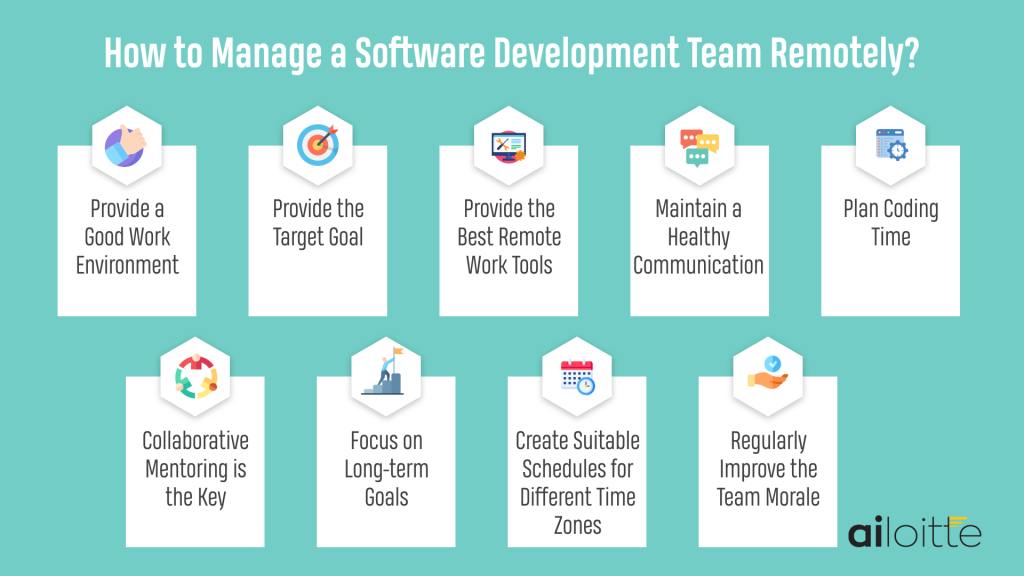
The Role of AI in Healthcare Innovations
- 0
Artificial Intelligence (AI) is revolutionizing the healthcare industry, providing solutions to some of the most pressing challenges faced by healthcare professionals. From enhancing patient care and diagnosis to improving operational efficiency, AI is transforming the way healthcare services are delivered.
Enhancing Patient Care
AI-powered systems are being used to provide personalized treatment plans for patients based on their unique health data and medical history. This has led to better outcomes for patients, as treatment plans are tailored to their specific needs. Additionally, AI is being utilized to monitor patients remotely, allowing for early detection of health issues and reducing the need for frequent hospital visits.
Improving Diagnosis
AI is also playing a crucial role in improving diagnostic accuracy. Machine learning algorithms can analyze medical images such as X-rays, MRIs, and CT scans to detect abnormalities or identify patterns that may indicate a specific condition. This can help healthcare professionals make more informed decisions and provide timely treatment to patients.
Optimizing Operational Efficiency
AI-powered systems are streamlining administrative tasks and optimizing operational efficiency in healthcare facilities. From scheduling appointments to managing inventory, AI can automate repetitive tasks, allowing healthcare professionals to focus on delivering quality care to patients. This not only improves efficiency but also reduces costs and enhances the overall patient experience.
Drug Discovery and Development
AI is revolutionizing the drug discovery process by accelerating the identification of potential drug candidates and predicting their efficacy. By analyzing vast amounts of data, AI can identify new targets for drug development and optimize existing treatment options. This has the potential to revolutionize the pharmaceutical industry and bring new, more effective treatments to market faster.
Ethical Considerations
While AI offers tremendous benefits to the healthcare industry, it also raises ethical considerations that must be addressed. Issues such as patient privacy, data security, and bias in algorithms need to be carefully considered to ensure that AI is used responsibly and ethically. Healthcare professionals must also be trained to effectively utilize AI technologies and understand their limitations.
The Future of AI in Healthcare
The integration of AI into healthcare systems is still in its early stages, but the potential for innovation and improvement is vast. As AI technology continues to evolve, we can expect to see even more advanced applications in healthcare, such as predictive analytics, personalized medicine, and virtual health assistants. Ultimately, AI has the power to transform the healthcare industry and improve patient outcomes in ways we never thought possible.
In conclusion, AI is playing a critical role in driving healthcare innovations and improving the quality of care that patients receive. By harnessing the power of AI, healthcare professionals can deliver more personalized, efficient, and effective healthcare services, ultimately leading to better outcomes for patients worldwide.

